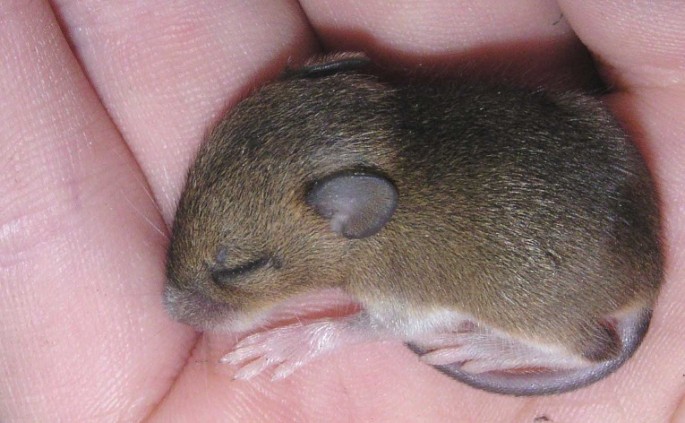A new study recently discovered that rats apparently imagine their desires during their sleep, much like humans do. However, the rats' dreams mostly involve their favorite food in the world which is cheese.
Researchers from the University College London have carried out research in order to unravel what really goes on inside the rats' minds. Scientists reveal that the brain activity of rodents involves thoughts about food and strategies how to navigate and obtain sources of food.
During the experiment, the scientists attached a handful of electrodes onto the rats where they looked for food in another area where they are not allowed to access. Researchers then monitored their brain activity during the experiments.
After this activity, the rats where made to rest in another chamber where the scientists observed their brain waves. Still with the electrodes attached to them, the scientists now allowed them access towards the food source.
When the three experiments were completed, the scientists discovered that there are regions of the rats' brains that were stimulated where they were similar to the last two experiments, meaning dreams about walking towards the food suggest that the rodents are trying to project a motivation.
According to the lead author of the study Hugo Spiers, mammals apparently form maps of their environments and stores them in their hippocampus. The brain now allows them to imagine these maps while they explore their surroundings.
When the rodents are asleep or resting, they apparently replay their previous journey while they look through this map, that also boosts their memory. Spiers believe that speculations about this sort of replay activity in the brain is fueling the content for such dreams in rodents.
He also adds that during sleep or resting, the hippocampus builds future paths where the maps envisioned in the rat's mind can allow them to prepare for future paths to obtain food. Scientists reveal that the findings of this study suggest that hippocampal representations of a future, imagined environment can be formed in the mind if there is motivational relevance for the animal.
These findings are published in the journal, eLife.



























